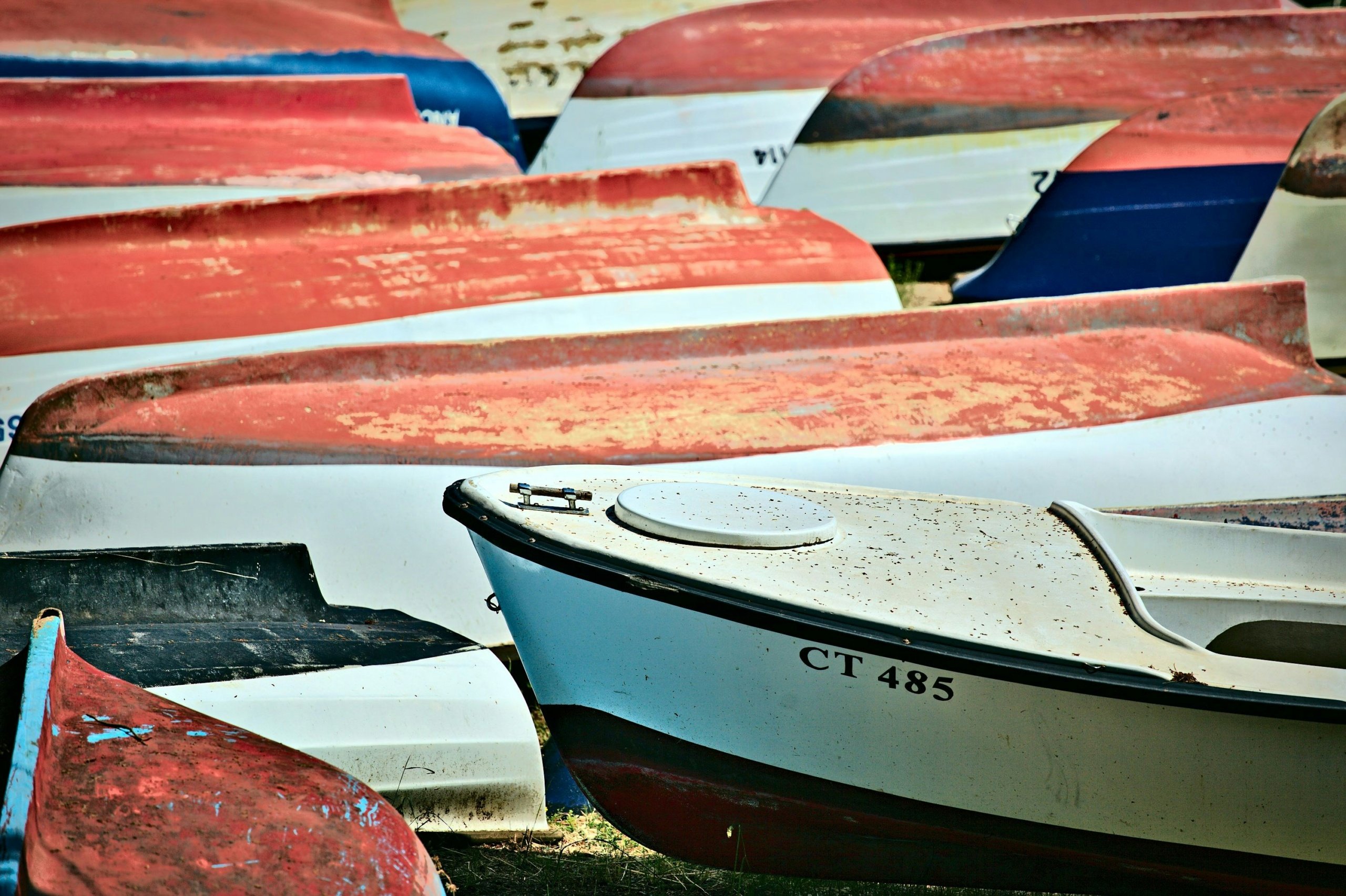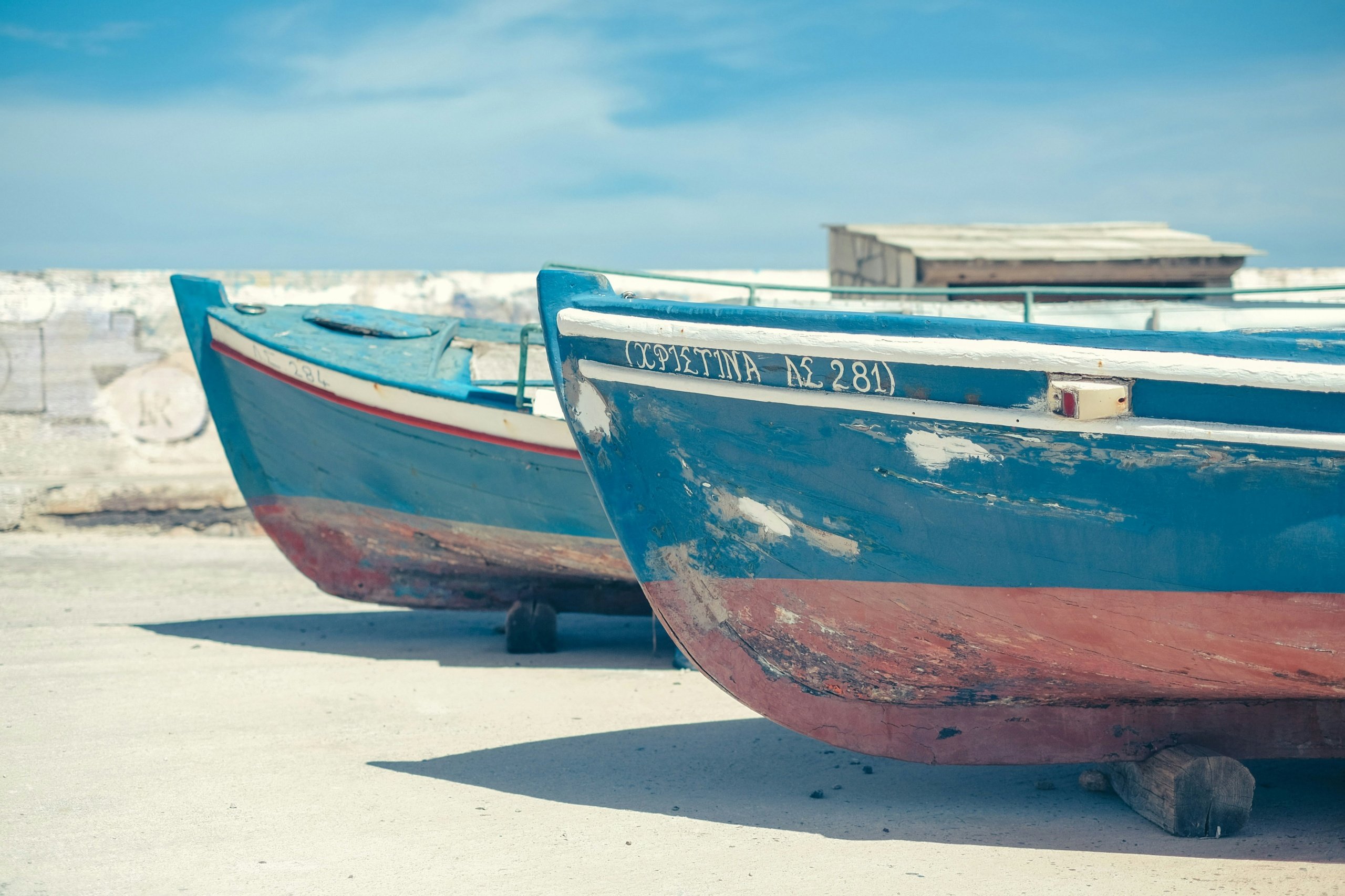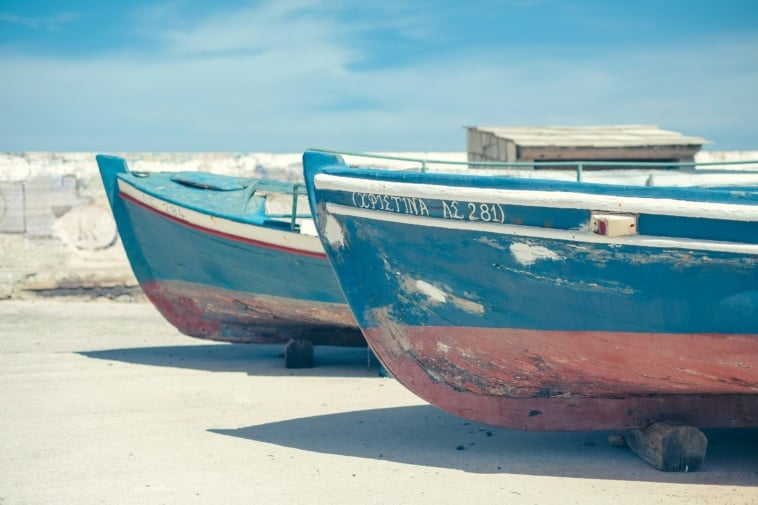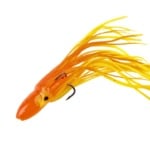If you’ve ever pondered over whether or not pontoon boats require any special licenses or certifications, fret not! In this article, we will explore the fascinating world of pontoon boats and uncover whether you need any specific qualifications to operate these marvelous vessels. So, hop aboard as we embark on a delightful journey of discovery regarding the licensing requirements for pontoon boating. Whether you’re a beginner or an experienced boater, it’s important to understand the various types of license and certification requirements that may be necessary for operating a pontoon boat or engaging in specialized activities on the water. In this comprehensive guide, we’ll explore the different types of licenses and certifications, age requirements, boating safety education, regulations and restrictions, international considerations, insurance and liability, as well as modifications and accessories that may impact your license or certification requirements.

Types of License/Certification Requirements
When it comes to boating, there are three main types of license/certification requirements that you should be aware of: the boating license, operator certification, and special endorsements. Let’s explore each of these categories in detail.
Boating License
Overview
A boating license is a legal requirement for operating a boat in many jurisdictions. It serves as proof that boaters have successfully completed a boating safety course and have obtained the necessary knowledge and skills to navigate the waterways safely. While not all regions require a boating license, it is highly recommended to obtain one regardless of the legal requirement.
Requirements
The requirements for obtaining a boating license can vary depending on the jurisdiction. Generally, boaters must complete a boating safety course approved by the appropriate licensing authority. These courses cover topics such as safety procedures, navigation rules, and emergency preparedness. Additionally, applicants may need to pass an exam to demonstrate their understanding of boating regulations and best practices.
License Issuing Authorities
Boating licenses are typically issued by the state or provincial authorities responsible for regulating boating activities within their respective jurisdictions. These authorities may have specific requirements for obtaining a boating license, including age restrictions, course providers, and exam procedures. It’s important to check with your local licensing authority for the most accurate and up-to-date information regarding boating licenses in your area.
Operator Certification
Importance of Operator Certification
Operator certification is an additional form of recognition that demonstrates a boater’s expertise in handling a specific type of watercraft or engaging in particular activities on the water. While not always mandatory, operator certification can provide valuable training and ensure that boaters are adequately prepared to navigate their chosen watercraft.
Certification Organizations
Different organizations offer operator certification for various types of watercraft and specialized activities. These organizations establish and enforce standards for training and skill assessment, ensuring that certified operators have met the necessary qualifications. Some examples of certification organizations include the United States Coast Guard (USCG), the American Sailing Association (ASA), and the Professional Association of Diving Instructors (PADI).
Training and Exams
To obtain operator certification, boaters must complete the appropriate training program and pass an exam specific to their desired certification. Training programs may include classroom instruction, hands-on practical training, and supervised on-water experience. Exams typically assess an individual’s knowledge of the watercraft’s systems, operating procedures, safety precautions, and emergency protocols. Successful completion of the training and exam will result in the issuance of an operator certification for the respective watercraft or activity.
Special Endorsements
Watercraft Endorsements
Special endorsements are additional qualifications that may be required for operating specific types of watercraft. For example, if you wish to operate a personal watercraft, such as a Jet Ski or WaveRunner, you may need to obtain a separate endorsement in addition to your boating license or operator certification. These endorsements ensure that boaters have received specialized training on the unique characteristics and handling techniques of these watercraft.
Fishing and Hunting Endorsements
If you plan on engaging in fishing or hunting activities from your pontoon boat, you may need to obtain fishing and hunting endorsements. These endorsements often require additional training and knowledge of local fishing and hunting regulations, as well as wildlife conservation practices. Not only do these endorsements demonstrate your compliance with legal requirements, but they also promote responsible and sustainable outdoor recreation.
Specialized Activities Endorsements
Certain specialized activities, such as water skiing, wakeboarding, or scuba diving, may require specific endorsements to ensure the safety of participants. These endorsements typically involve additional training on equipment usage, safety protocols, and emergency procedures associated with the activity. By obtaining these endorsements, you can enjoy your preferred water sports or recreational activities with a higher level of expertise and confidence.

Operator Age Requirements
Minimum Age for Operating a Pontoon Boat
The minimum age for operating a pontoon boat can vary depending on the jurisdiction and the horsepower of the motor. In many areas, individuals as young as 12 or 13 years old may be eligible to operate a pontoon boat with adult supervision. However, some regions may have higher age restrictions or require individuals to complete a boating safety course before obtaining the necessary operator’s permit. To ensure compliance, it’s essential to familiarize yourself with the specific age requirements in your area.
Age Restrictions for Certain Activities
While the minimum age for operating a pontoon boat may be relatively low, age restrictions may apply when engaging in certain activities on the water. For example, the minimum age for operating a personal watercraft, such as a Jet Ski, is often higher than that of a pontoon boat. Similarly, activities like water skiing or scuba diving may have age restrictions based on the physical demands and potential risks involved. It’s crucial to understand and adhere to these age restrictions to ensure your safety and compliance with local regulations.
Supervision Requirements for Minors
In cases where minors are allowed to operate a pontoon boat, adult supervision is typically required. The specific supervision requirements can vary depending on the jurisdiction and the age of the minor. Generally, an adult who meets the necessary licensing or certification requirements must be present on board and actively supervising the operations conducted by the minor. It’s essential to familiarize yourself with these supervision requirements to ensure compliance and the safety of all individuals involved.
Boating Safety Education
Importance of Boating Safety Education
Boating safety education plays a vital role in promoting safe and responsible boating practices. By completing a boating safety course or acquiring relevant certifications, boaters gain essential knowledge and skills to navigate the waterways confidently and minimize the risk of accidents or mishaps. Boating safety education covers various important topics, including laws and regulations, proper boat handling techniques, navigation rules, emergency procedures, and the importance of environmental conservation.
Available Courses and Certifications
There are numerous boating safety courses and certifications available to boaters of all levels of experience. These courses may be offered by government agencies, boating organizations, or private training providers. Some examples of popular boating safety courses include the U.S. Coast Guard Auxiliary’s About Boating Safely course, the BoatUS Foundation’s Online Boating Safety Course, and the Canadian Safe Boating Council’s Pleasure Craft Operator Card course. These courses provide comprehensive instruction and often result in the issuance of a boating safety certificate or card upon successful completion.
Boating Safety Education Requirements
The requirements for boating safety education can vary depending on the jurisdiction and the operator’s age. In many regions, completing a boating safety course is mandatory for obtaining a boating license or an operator certification. Some areas may require proof of boating safety education for individuals of certain ages or when engaging in specific activities. It’s crucial to check with your local licensing authority or governing body to determine the specific boating safety education requirements applicable to your situation.

Specific Regulations and Restrictions
Local Laws and Regulations
Boating regulations can vary significantly from one jurisdiction to another. It’s essential to familiarize yourself with the local laws and regulations governing boating activities in your area. These regulations may include speed limits, proximity to other vessels, navigation rules, noise restrictions, and equipment requirements, among others. Understanding and adhering to these regulations not only ensures your compliance with the law but also contributes to the safety and enjoyment of all boaters on the water.
Waterway Specific Regulations
In addition to local laws, certain waterways may have specific regulations or restrictions in place. These regulations can include zoning restrictions, no-wake zones, anchoring restrictions, or areas designated for specific activities such as swimming or fishing. It’s important to be aware of these waterway-specific regulations to avoid unintentional violations and support the overall management and conservation efforts of these areas.
Environmental and Wildlife Considerations
Boaters have a responsibility to protect the environment and wildlife while enjoying their time on the water. This includes avoiding areas with sensitive habitats, minimizing noise and disturbance, properly disposing of trash and waste, and adhering to wildlife protection laws. Understanding the environmental and wildlife considerations specific to your boating location helps preserve the natural beauty of these areas for future generations to enjoy.
International Considerations
License/Certification Requirements in International Waters
If you plan on boating in international waters or visiting foreign countries, it’s essential to familiarize yourself with the license and certification requirements of those regions. Some countries may recognize certain licenses or certifications from other countries, while others may require boaters to obtain additional permits or qualifications. Researching and understanding the licensing requirements of the countries you plan to visit ensures that you comply with their regulations and avoid any potential legal issues.
Crossing Borders and International Waters
When crossing borders and navigating international waters, boaters must be prepared with the necessary documentation to prove their identity, vessel ownership, and compliance with regulations. This documentation might include passports, boat registration certificates, proof of insurance, operator licenses or certifications, and any required permits or endorsements. It’s crucial to gather and carry these documents in a secure and easily accessible manner to ensure a smooth and lawful passage through international waters.
Additional Documents and Requirements
In addition to licenses and certifications, some countries or regions may require boaters to carry specific documents or equipment. These requirements can include customs declarations, crew manifests, safety equipment, navigational charts, distress signals, and communication devices. Researching the specific documentation and equipment requirements of each country or region you plan to visit will help you meet their expectations and ensure your safety and compliance while boating internationally.
Insurance and Liability Considerations
Insurance Requirements
When operating a pontoon boat, it’s vital to consider insurance coverage to protect you, your passengers, and your vessel from potential risks and liabilities. While insurance requirements can vary depending on the jurisdiction, having adequate boat insurance is a smart decision regardless of legal mandates. Boat insurance typically covers a range of scenarios, including accidents, theft, property damage, personal injury, and even environmental cleanup costs. Reviewing your insurance options and obtaining the appropriate coverage gives you peace of mind and financial protection while out on the water.
Liability Issues
Boat owners and operators can be held liable for any injuries or damages that occur as a result of their actions or negligence. This liability can extend to property damage, bodily injury, medical expenses, and even legal fees. Understanding your responsibilities as a boat owner and operator, as well as having the appropriate insurance coverage in place, is crucial for protecting yourself and others from potential liability issues. It’s recommended to consult with an insurance professional or legal expert to ensure you have the necessary coverage and understand your liability obligations.
Boat Rental Considerations
If you plan on renting a pontoon boat, it’s important to understand the rental company’s requirements and policies regarding licenses, certifications, and insurance. Rental companies may have specific age restrictions, training requirements, or insurance coverage options that you need to comply with. Additionally, it’s crucial to inspect the rental boat for any pre-existing damages and ensure you understand the rental agreement’s terms and conditions. Following these considerations when renting a pontoon boat safeguards your safety and helps prevent any potential disputes or issues during your rental experience.
Modifications and Accessories
Modifications Impacting License/Certification Requirements
Modifying your pontoon boat can potentially affect the license or certification requirements needed for its operation. Significant modifications that alter the vessel’s size, weight, or propulsion system may require updated licenses or certifications to comply with the law. Examples of modifications that may impact license requirements include installing a larger engine, adding a sail, or retrofitting additional equipment that changes the boat’s handling characteristics. It’s crucial to consult with the appropriate licensing authority or certification organization to determine if any modifications you plan to make will affect your current credentials.
Safety Equipment and Accessories Requirements
Pontoon boats, like any other watercraft, must be equipped with essential safety equipment to ensure the well-being of all on board. These safety equipment requirements can vary by jurisdiction but often include items such as life jackets, fire extinguishers, throwable flotation devices, navigation lights, and distress signals. In addition to safety equipment, certain accessories such as depth finders, GPS systems, or two-way radios may enhance safety and navigation capabilities. It’s important to be aware of the specific safety equipment and accessory requirements applicable to your pontoon boat to maintain compliance and ensure the safety of all occupants.
Navigational and Communication Devices
Navigational and communication devices are essential for safe and efficient boating. These devices include GPS systems, depth finders, compasses, marine radios, and chart plotters, among others. Utilizing these devices helps boaters navigate accurately, avoid potential hazards, and maintain effective communication with other watercraft and emergency services if needed. While not always required by law, investing in and utilizing these devices enhances overall safety and situational awareness while operating a pontoon boat.
In conclusion, while the specific license and certification requirements for operating a pontoon boat can vary depending on jurisdiction and specialized activities, it’s essential to prioritize safety, education, and compliance with regulations. Obtaining a boating license, operator certification, and necessary endorsements, along with completing boating safety courses, equips boaters with the knowledge and skills to navigate the waterways responsibly. Understanding and adhering to local laws, regulations, and international requirements, as well as ensuring adequate insurance coverage, are further steps towards safe and enjoyable pontoon boat experiences. Regularly reviewing and maintaining your safety equipment, staying up-to-date with any modifications impacting licensing, and utilizing navigational and communication devices contribute to the overall safety and preparedness while operating a pontoon boat. Remember, being a responsible boater not only protects yourself and others but also preserves the beauty of our precious waterways for future generations to enjoy.





